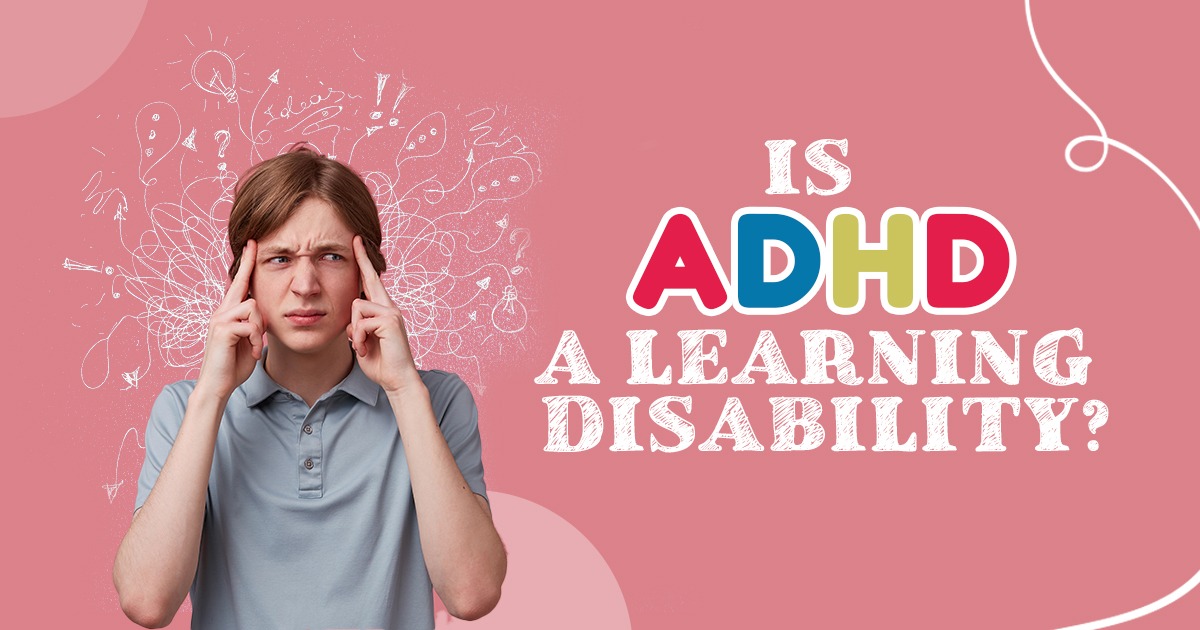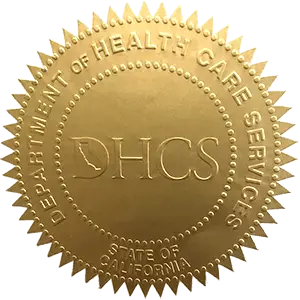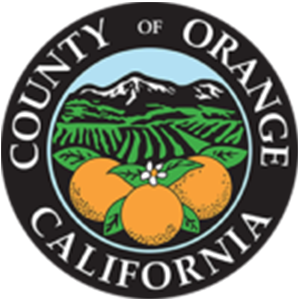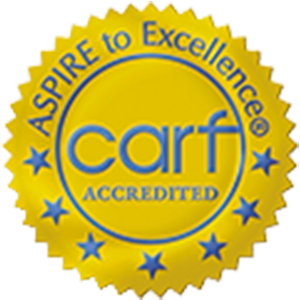Attention-deficit hyperactivity disorder or ADHD is among the most common neurodevelopmental disorders in children in the United States and frequently lasts into adulthood. Is ADHD a learning disability? The short answer is no since it’s classified as a developmental disorder, but there’s more to it than that, and it can significantly affect someone’s experiences in school and learning.
What is ADHD?
Certain behaviors that can occur in ADHD are considered normal in children. For example, children occasionally have a hard time focusing. When a child has ADHD, they don’t grow out of these behaviors as they mature. The symptoms continue and can often impact their average school day, relationships with family and friends, and home life.
Persistent symptoms of ADHD, according to the American Psychiatric Association, can include:
- Frequently daydreaming during daily activities
- Losing or forgetting things often
- Fidgeting or squirming
- Too much talking and similar issues with communication skills
- Carless mistakes
- Taking unnecessary risks
- Difficulties resisting temptations
- Problems taking turns
- Difficulties with school performance
- Challenges getting along with others
- Sleep disorders
- Problems with organizational skills
- Short attention span and a lack of sustained attention
- Issues with time management
There are three types of ADHD, which are:
- Predominantly inattentive: This attention disorder makes it hard for someone to finish or organize a task. They may not pay attention to details, or they could struggle to follow conversations or instructions. Someone with predominantly inattentive ADHD might forget parts of their daily routines or be easily distracted.
- Predominantly hyperactive-impulsive: With this presentation of the mental health disorder, a person will talk and fidget often. They may have difficulty sitting still and often feel restless and impulsive. Interrupting others and speaking at inappropriate times are common as part of symptoms of hyperactivity.
- Combined: In this presentation of ADHD, symptoms of the two types occur equally in the person.
There is ongoing research to determine the causes and risk factors of ADHD. While they’re unknown, researchers believe genetics plays a key role. Other things scientists are looking at as potential contributors include brain injury, exposure to environmental risks, premature delivery, and low birth weight.
Treating Attention-Deficit/Hyperactivity Disorder
The guidelines for diagnosing attention-deficit/hyperactivity disorder indicate that a child shouldn’t receive a diagnosis unless the symptoms start before age 12 and consistently create significant issues for them at school and home.
- There isn’t one particular test for ADHD.
- To make a diagnosis, health care providers usually do a medical exam, gather personal and family medical history and school records, and conduct interviews with family members or other people who know a child well.
- There are criteria in the Diagnostic and Statistical Manual of Mental Disorders (DSM-5) that can be used to diagnose ADHD, and there are also rating scales.
- Diagnosing ADHD in children, particularly young ones, can be difficult. The disorder can resemble many other conditions, including learning and language disorders, mood disorders like anxiety or major depression, defiant disorder, and autism spectrum disorder.
- Medical conditions can also have similar symptoms to this psychiatric disorder.
Once there’s a diagnosis, the standard treatment options include ADHD medication, therapy, and counseling. Education services are also often part of a treatment plan. These treatments help control symptoms but aren’t considered a cure for ADHD.
ADHD Medication Treatment
Stimulant drugs, also known as psychostimulants, are most commonly prescribed for ADHD. Stimulant medications seem to boost or balance levels of neurotransmitters in the brain. This can help improve symptoms of inattention and hyperactivity but can come with adverse effects, which healthcare providers weigh before prescribing.
- Amphetamines like Adderall, Dexedrine, and Vyvanse are brand-name ADHD medications.
- Some drugs are known as methylphenidates that are stimulants, such as Concerta and Ritalin.
- There are both short- and long-acting stimulant ADHD medications.
There are risks and potentially serious common side effects with stimulants.
- One potential risk of stimulant medications is the development of substance use disorders or substance abuse, especially in teens and young adults.
- The common side effects of stimulants can also include upset stomach, cardiovascular effects, loss of appetite, weight loss, dry mouth, insomnia, and mood changes.
Non stimulant medication options include Strattera, antidepressants like Wellbutrin, and Intuniv.
A mental health professional can help someone find the right medicine and effective treatment for attention deficit hyperactivity disorder and other co-occurring mental health conditions.
Behavioral Treatments and Therapy
A child with ADHD often benefits from behavioral therapy, counseling, parent training, family therapy, and social skills training. A psychiatrist, social worker, or psychologist can provide these therapies. It’s somewhat common for children with ADHD to have co-occurring disorders like anxiety disorders or depression, so counseling can also help with symptoms.
Cognitive-behavioral therapy is one type of treatment for adult and child ADHD that may work well over a period of time.
The Link Between ADHD and Learning Disabilities?
Is ADHD a learning disability? It’s not considered one, but it tends to make learning more challenging. If someone can’t focus on what their teacher is saying or sit still to complete an assignment, it affects them academically.
It’s also possible to have both a learning disability and ADHD. Children with ADHD are more likely to have a learning disability.
Learning new things involves using the brain’s executive function, particularly the ability to pay attention, use working memory and engage with tasks. ADHD affects the brain’s executive functions. A child with ADHD may struggle with their schoolwork and learning because of executive function and prefrontal cortex issues related to ADHD. Still, they don’t have an impairment considered significant enough for a diagnosis of a learning disability if their only diagnosis is ADHD.
The phrase learning disability refers to a range of challenges in learning. People with learning disabilities often have intelligence levels that are average or above average, but this might not be reflected in their academic achievements. Support and the appropriate interventions can help them live up to their potential.
Attention-Deficit/Hyperactivity Disorder in Adults
We often talk about children, but what about how to “cure” ADHD in adults? While there isn’t a cure, there are treatments that, like for children, can help adults with ADHD manage their symptoms.
- In adults, symptoms of ADHD may include difficulty staying organized, making careless mistakes, and being easily distracted.
- Adults with ADHD may forget or have difficulty completing tedious tasks.
- An adult with ADHD could have mood swings or a quick temper, be extremely impatient, or have trouble dealing with stress.
- They might be unable to prioritize activities or continuously start new tasks before finishing old ones.
- Taking risks without thinking about their safety or the safety of others can also be a sign of ADHD in adults.
- Conditions related to ADHD in adults can include personality disorders, obsessive-compulsive disorder (OCD), and bipolar disorder. When adult ADHD isn’t well-managed, it can create problems in relationships, social interactions, and work.
The treatment of adult ADHD is very similar to those available for children with ADHD.
Adults, in particular, may benefit from psychotherapy or talk therapy. Adults with ADHD can explore the things that bother them and their negative behavior patterns, and learn more productive, healthy ways to deal with things. Some adults with ADHD might take pharmacological treatments as well.
Please call (866) 476-2823 to reach Story Wellness to our Orange County facility if you’d like to learn more about therapy and counseling for ADHD, psychiatric disorders, or comorbid conditions.





